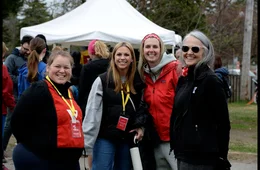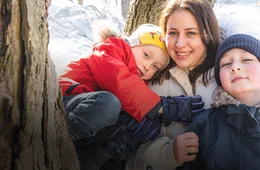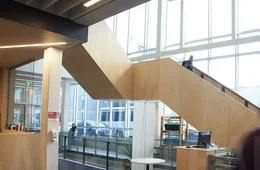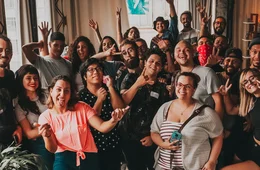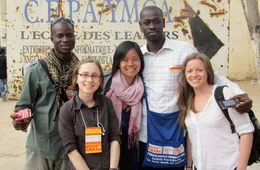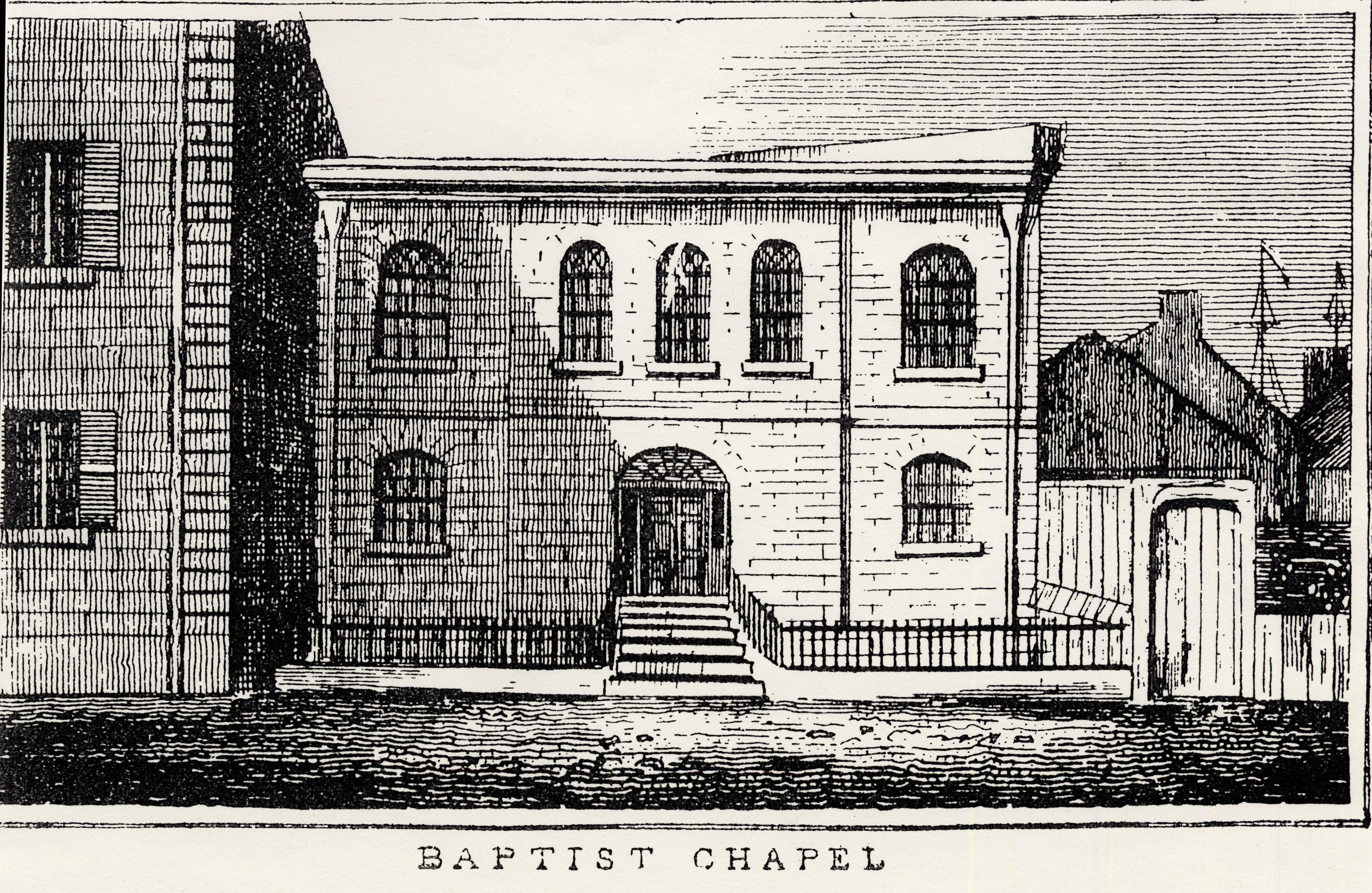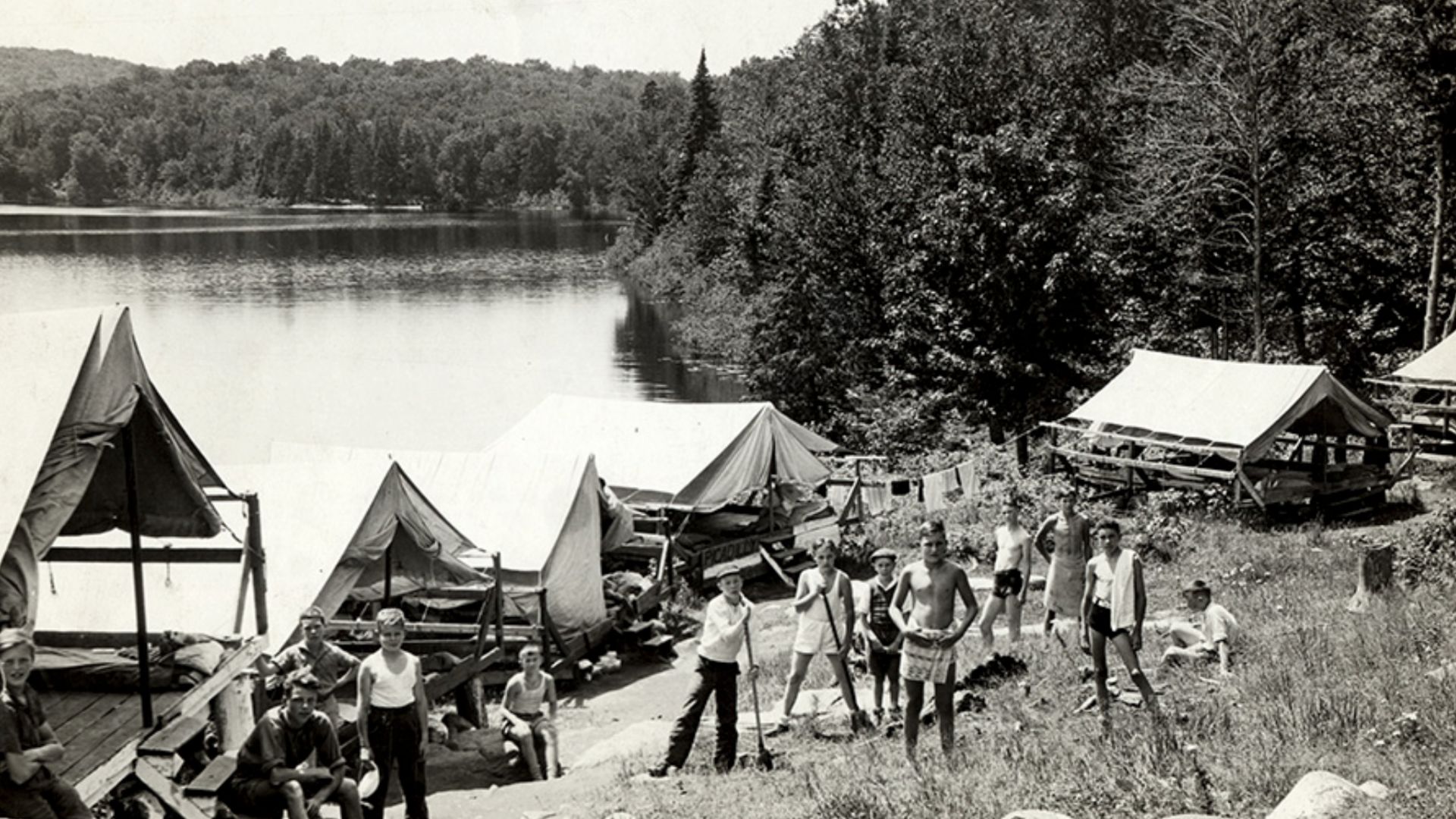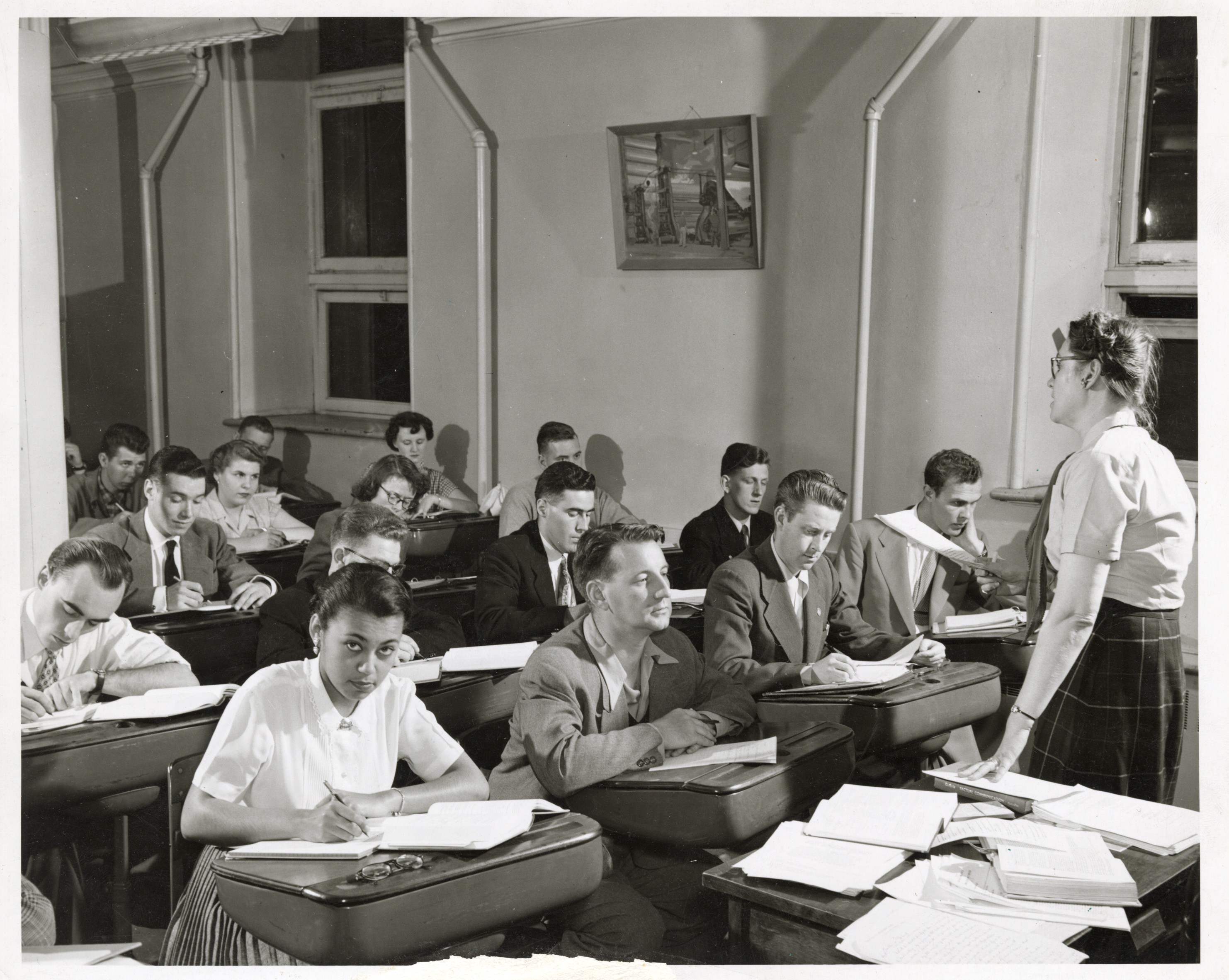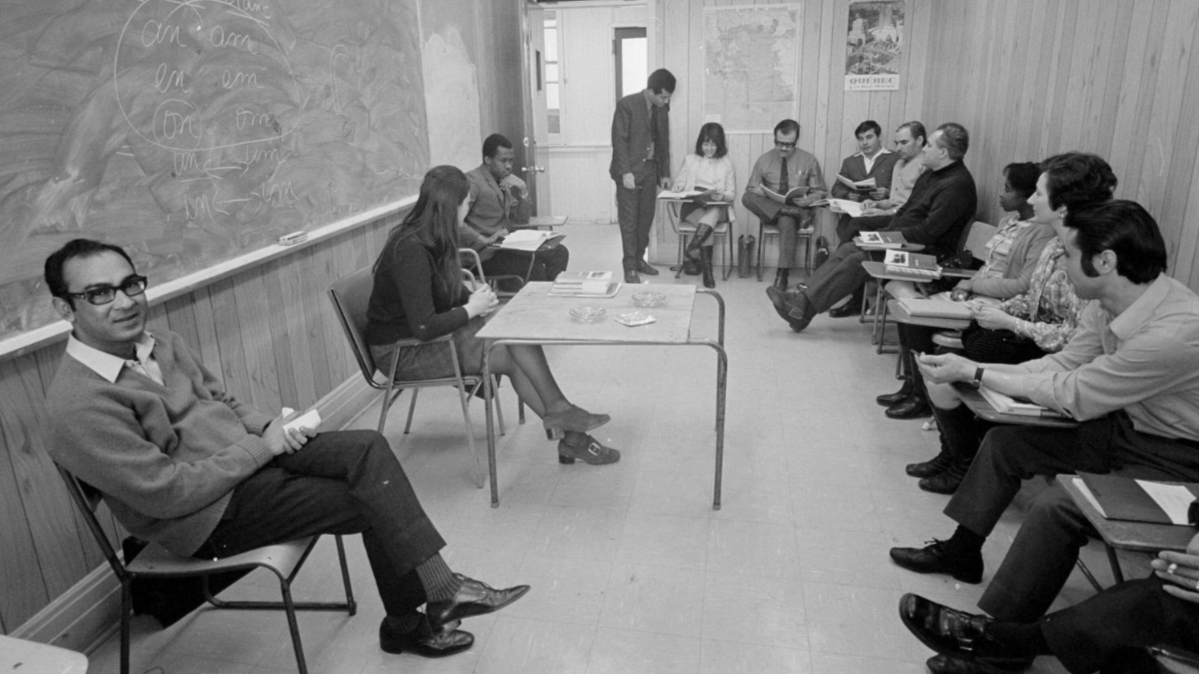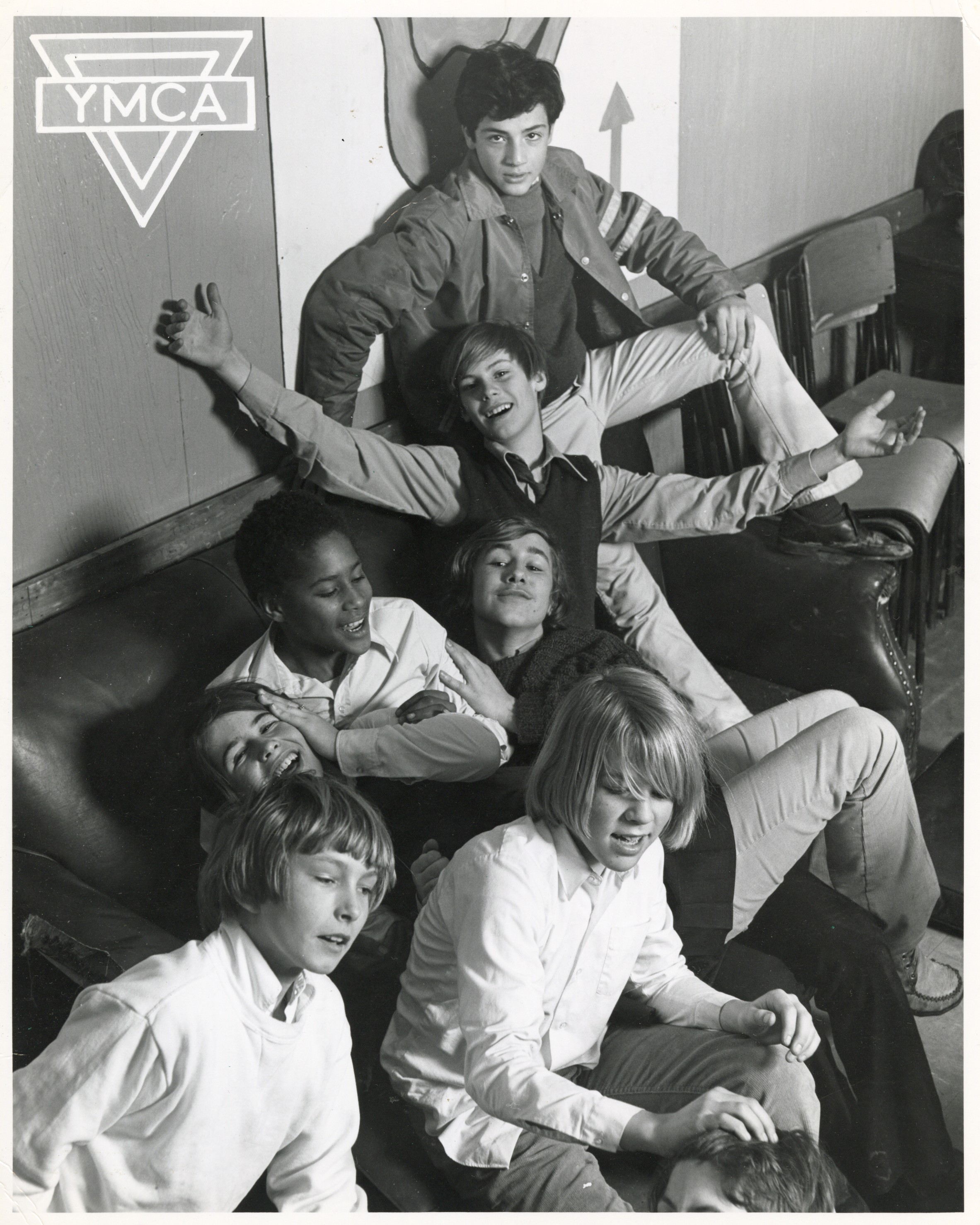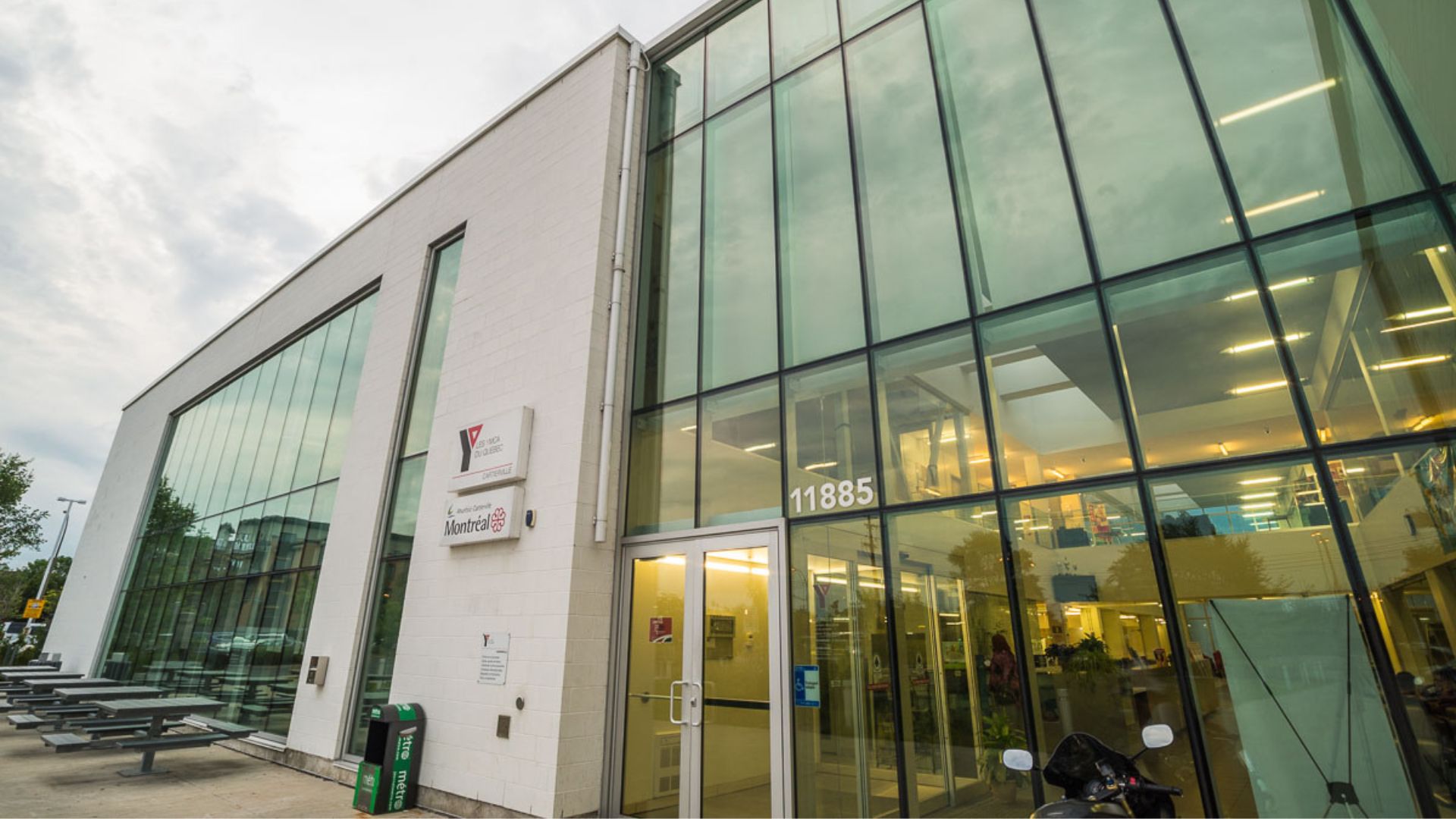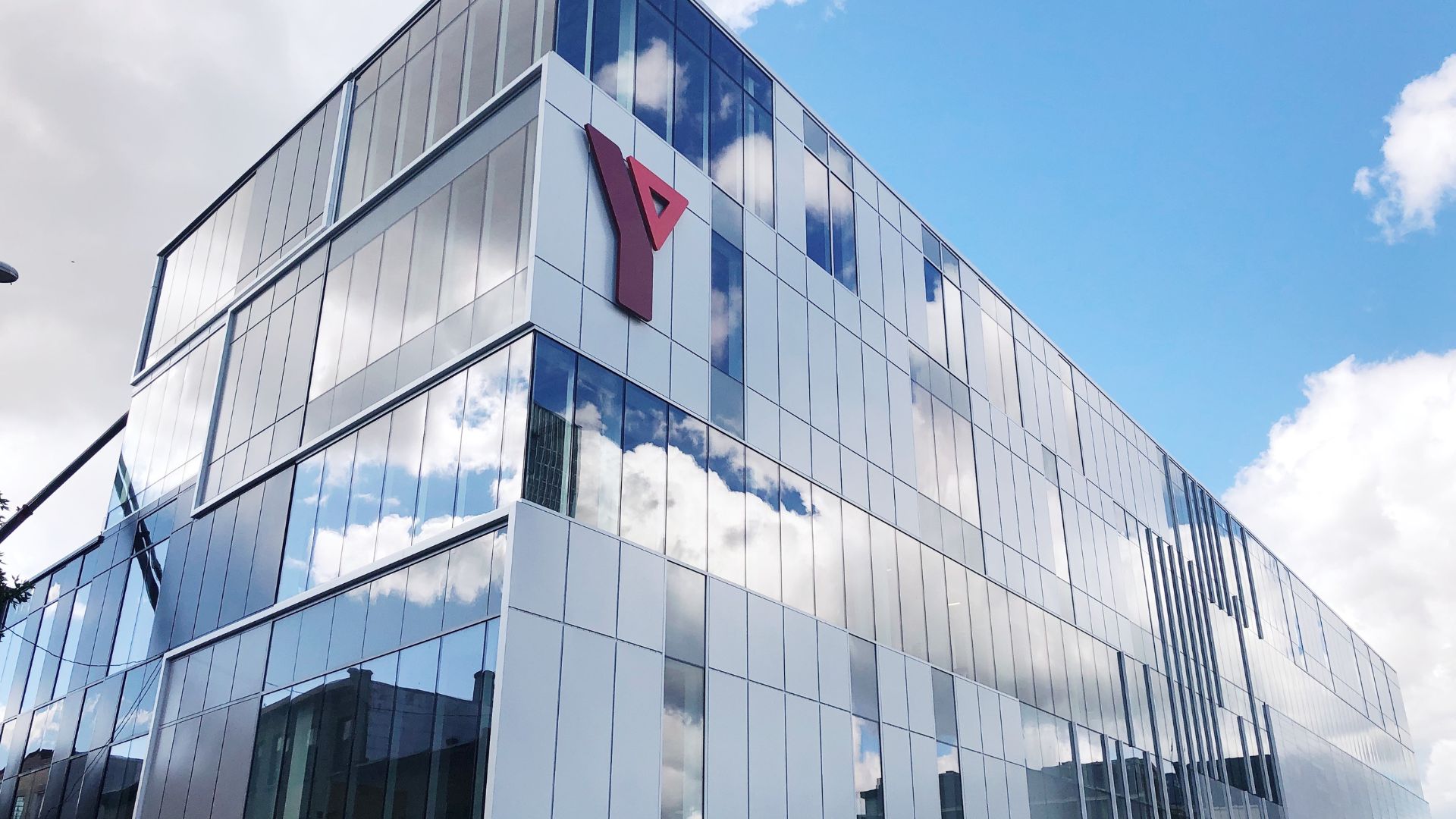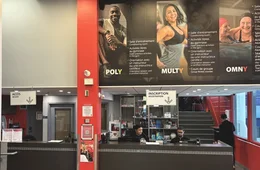- Home
- About
The YMCAs of Québec: Champion of People, Heartbeat of Communities
Rooted in the community for nearly 175 years, the YMCAs of Québec is a charitable organization that provides the spark to ignite positive change. Our mission is to inspire and encourage all people to reach their full potential, thrive, and contribute to the community. Our programs and services are focused on the success of young people, training and skills development, health and healthy lifestyle habits, exclusion prevention, and welcome and temporary housing.
We contribute to building active and inclusive communities where everyone can let their potential shine. To do this, we rely on our team, members, program participants, and many partners, volunteers, and Foundation donors so that together, we can have a positive impact in society.

Our Mission
Inspire and encourage all people to reach their full potential, thrive, and contribute to the community.

Our Values
We believe in helping those who need the most support.
We believe everyone belongs, without discrimination.
We believe everyone has the right to participate.
We believe in innovation and venturing off the beaten path to carry out our mission.
We believe everyone has the innate potential to thrive.
We believe all people should be treated with dignity and compassion.
1844
George Williams founds the first YMCA in London, England. Right from the start, the organization’s mission is to counter the unhealthy impacts of the Industrial Revolution on workers, an early sign of its social mission for the century ahead.
November 25, 1851
North America’s first YMCA opens in downtown Montréal. The YMCA remains loyal to its 1851 mission by offering evening classes to workers so they can develop their “mind, body, and spirit.”
1860
The YMCA begins to serve the Pointe-Saint-Charles neighbourhood.
1870
Evening courses are offered for the first time to all people, including women and immigrants.
1876
The YMCA begins serving the du Parc community.
1880
Québec City’s first YMCA is inaugurated on Place D’Youville.
1890
Ahead of its time, the YMCA begins to offer sports and physical activity as core components of its programming.
1891
James Naismith, a Canadian YMCA instructor, invents basketball at the YMCA International Training School in Springfield, Massachusetts. Another instructor invents volleyball in 1895.
1894
Québec’s first summer camp, Camp YMCA Kanawana, opens in Saint-Sauveur.
1912
To better meet the needs of communities, the YMCA conducts its first extensive survey of living conditions in Montréal. Westmount becomes the fifth Québec community to have a YMCA.
1926
The YMCA night school leads to the foundation of Sir George Williams College (now Concordia University).
1930
The Drummond Street residence opens its doors to welcome a growing number of young men who have travelled to Montréal looking for work and to offer access to education during the Great Depression.
1940
The YMCA establishes a community and sports centre with its own park in Notre-Dame-de-Grâce.
1956
To meet the challenges of a young and rapidly growing community, a YMCA opens in Montréal’s West Island.
1960–1970
The YMCA focuses its activities on prevention and social intervention. Its employees are leaders in outreach work, helping youth struggling with addiction.
1964
Previously open only to Protestant English-speaking men, the YMCA now welcomes all people and becomes a fully bilingual organization.
1965
Learning French becomes easier for immigrants with the opening of the YMCA International Language School.
1969
The YMCA launches host projects to integrate a burgeoning immigrant population.
1970
YMCAs in Canada make an intentional decision to be more inclusive to serve all Canadians, including all ages, genders, and religions. To reflect this change, since the 1990s, YMCAs in Canada no longer use “Young Men’s Christian Association” and instead call themselves YMCA. The YMCA in Canada is a name, not an acronym.
1970–1980
To support working families and champion new ideas in child development, the YMCA opens daycares as well as preschool and after-school programs.
1980–1990
Responding to rising unemployment, the YMCA creates youth centres and employment services. Community development expands to include justice initiatives, minority rights, and urban development. The number of partnerships continues to grow.
1984
The YMCA Residence begins to welcome refugee claimants. The YMCAs of Québec Foundation is also set up to ensure the Y’s future thanks to the generosity of donors.
1999
The YMCA Alternative Suspension program is created at the du Parc YMCA, to sharpen the Y’s focus on kids, youth, and school success. Today, the program is offered internationally.
2010
The Cartierville YMCA opens, thanks to tenacious local advocacy. The project signals a new era of partnership between the YMCAs of Québec, Montréal boroughs, the city, and the provincial government.
2019
- The Y begins an organizational transformation process, with a greater focus on community programs and a re-centring of its fitness programming.
- The Saint-Roch YMCA centre officially opens thanks to a partnership with the City of Québec and the generosity of donors who contributed to funding equipment for the centre.
2020
The COVID-19 pandemic hits and the Y springs into action with virtual programs, online support, emergency services, and more.
2021
The YMCA Alternative Suspension Social Impact Bond is launched, an innovative initiative aimed at funding the expansion of the program to 11 new service sites.
2022
The West Island YMCA partners with the City of Pointe-Claire at the Olive-Urquhart Sports Centre. It offers sports and fitness activities that complement those offered by the city, as well as community and youth programs to residents.
2024
- The YMCAs of Québec launches its new brand image: Shine On. The new visual identity and slogan reflect a concerted effort with the other YMCAs across Canada for a better understanding and recognition of its programs and services.
- All the YMCAs of Canada meet in Halifax and sign the Halifax Declaration, reiterating their commitment to recognizing all forms of diversity to create an environment that welcomes everyone, inclusive of differences such as religion, race, gender, ethnicity, age, ability, background, sexual orientation, and beliefs, all while recognizing and respecting that other associations around the world continue to reflect the original Christian mission of the YMCA.
- The YMCAs of Québec sells its Saint-Laurent building to Collectif 1745, creating a multi-service community centre from which several community organizations can operate. This transaction allows the YMCA to maintain the site’s social mission and provide on-site youth programming, while contributing to the centralization of services available in the Norgate neighbourhood.
2025
- The YMCAs of Québec welcomes its first woman president and CEO. Pascale Audette will lead the next strategic plan as part of the organization’s transformation.
- The Y pursues its strategic refocusing process so it can become a more sustainable, agile organization that is better able to address the social challenges of today and tomorrow. In this context, certain decisions are made, including the closing of the International Language School, the discontinuation of its day camps, the shutdown of certain programs, and adjustments to fitness and physical activities. These changes aim to strengthen the organization’s financial health and focus its resources on key priorities.


